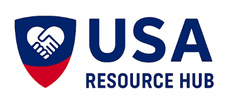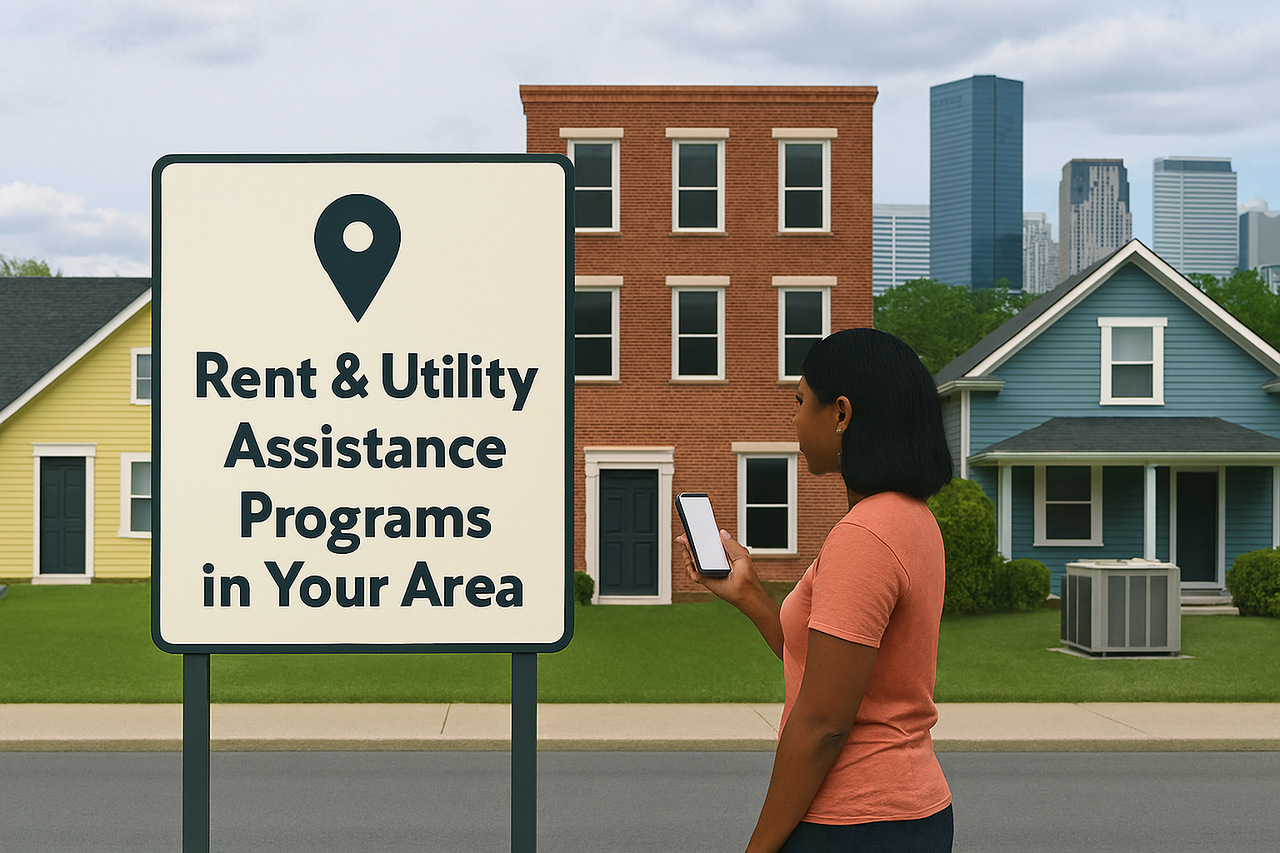When rent and utility bills start piling up, it’s easy to feel like options are running out. But across the United States, a patchwork of assistance programs exists, some federally funded, others locally managed, that can help households stay afloat during financial hardship. These programs aren’t always easy to find, and many go underused simply because people don’t know they exist.
Federal and State Emergency Rental Assistance
The U.S. Department of the Treasury launched the Emergency Rental Assistance Program (ERA) to help renters impacted by the COVID-19 pandemic. While the initial funding rounds have slowed, many states and counties still have ERA funds available or have transitioned to similar programs using local budgets.
These programs typically cover:
- Past-due rent
- Future rent payments
- Utility bills and arrears
- Home energy costs
- Relocation expenses in some cases
To apply, renters must meet income eligibility requirements and demonstrate housing instability. Applications are usually submitted through your local housing authority or a designated nonprofit partner. Processing times vary, but early submission improves your chances of receiving aid before eviction proceedings begin.
Local Nonprofits and Community Action Agencies
Many cities partner with nonprofits to distribute rent and utility assistance. Organizations like The Salvation Army offer emergency support for families facing eviction or utility shutoffs. Services may include one-time payments, referrals to housing programs, and help negotiating with landlords or utility providers.
Community action agencies also play a key role. These groups often manage federal funds at the local level and provide wraparound services such as food assistance, job training, and transportation support. You can find your nearest agency by searching “[your city] community action agency” or calling 211 for a referral.
Utility-Specific Assistance Programs
Utility companies across the U.S. offer hardship programs for customers who are behind on payments. These programs vary by provider but may include:
- Payment plans with reduced monthly rates
- Bill forgiveness for qualifying households
- Emergency grants for heating, cooling, or water services
- Referrals to nonprofit energy assistance programs
For example, Pacific Power partners with the Oregon Energy Fund to provide temporary utility assistance to eligible families. Other providers, such as Duke Energy and PG&E, offer similar programs in their service areas.
To access these benefits, visit your utility provider’s website and look for sections labeled “assistance,” “hardship,” or “payment help.” If you don’t see anything listed, call customer service and ask directly. Many programs are not prominently advertised.
Low Income Home Energy Assistance Program (LIHEAP)
LIHEAP is a federally funded program that helps low-income households pay for heating and cooling costs. Administered at the state level, LIHEAP can cover:
- Utility bills
- Emergency energy assistance
- Weatherization services to reduce future costs
To apply, contact your state’s LIHEAP office or call the National Energy Assistance Referral Hotline at 866-674-6327. Eligibility is based on income, household size, and energy burden. Funds are limited, so applying early in the season is recommended.
Housing Counseling and Rental Navigation
HUD-approved housing counseling agencies offer free or low-cost guidance to renters. These counselors can help you:
- Understand your rights as a tenant
- Create a budget and payment plan
- Apply for rental assistance programs
- Communicate with landlords or housing authorities
Not every agency offers rental counseling, so it’s important to check their service list. You can find a local provider by calling 800-569-4287 or visiting the HUD housing counseling directory.
What to Do Right Now
If you’re behind on rent or utilities, waiting rarely helps. Here’s what you can do today:
- Call 211 to speak with a local specialist who can identify nearby programs
- Visit LawHelp.org to find legal aid if eviction is already in motion
- Check your city or county website for emergency housing funds
- Contact your utility provider to ask about hardship programs
- Reach out to local nonprofits like United Way, Catholic Charities, or The Salvation Army
Timing matters. Many programs operate on limited budgets and close applications once funds run out. Acting early improves your chances of receiving support before the situation worsens.
Rent and utility assistance programs are more accessible than they may seem. Whether you’re dealing with a temporary setback or long-term financial strain, these programs exist to help you stay housed, safe, and stable.


Leave a Reply